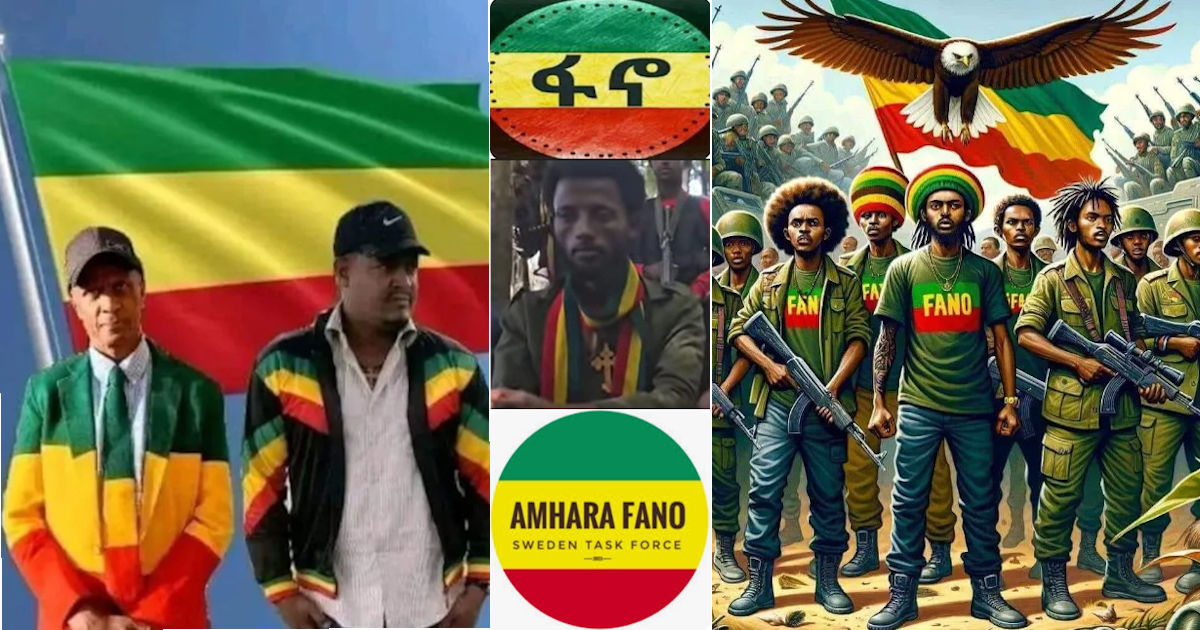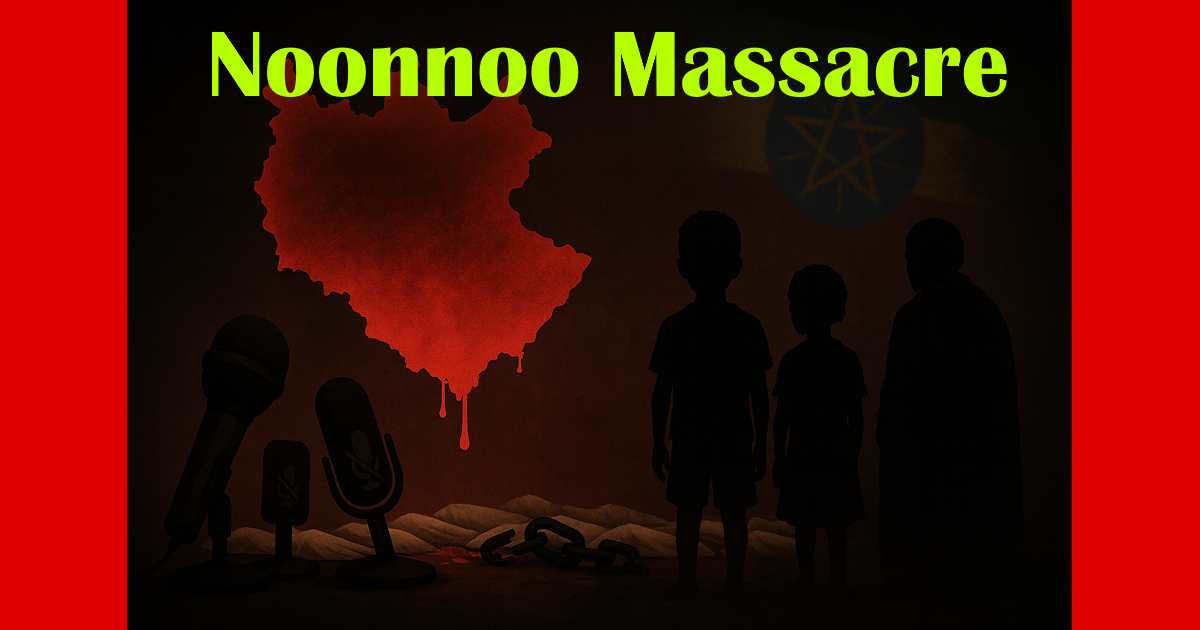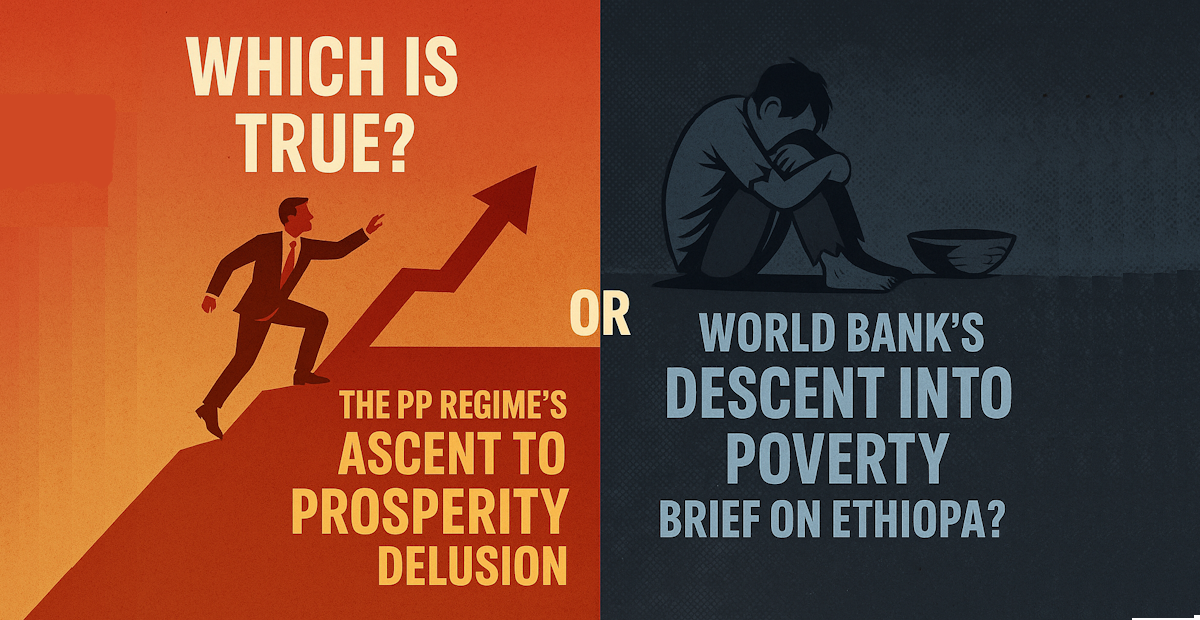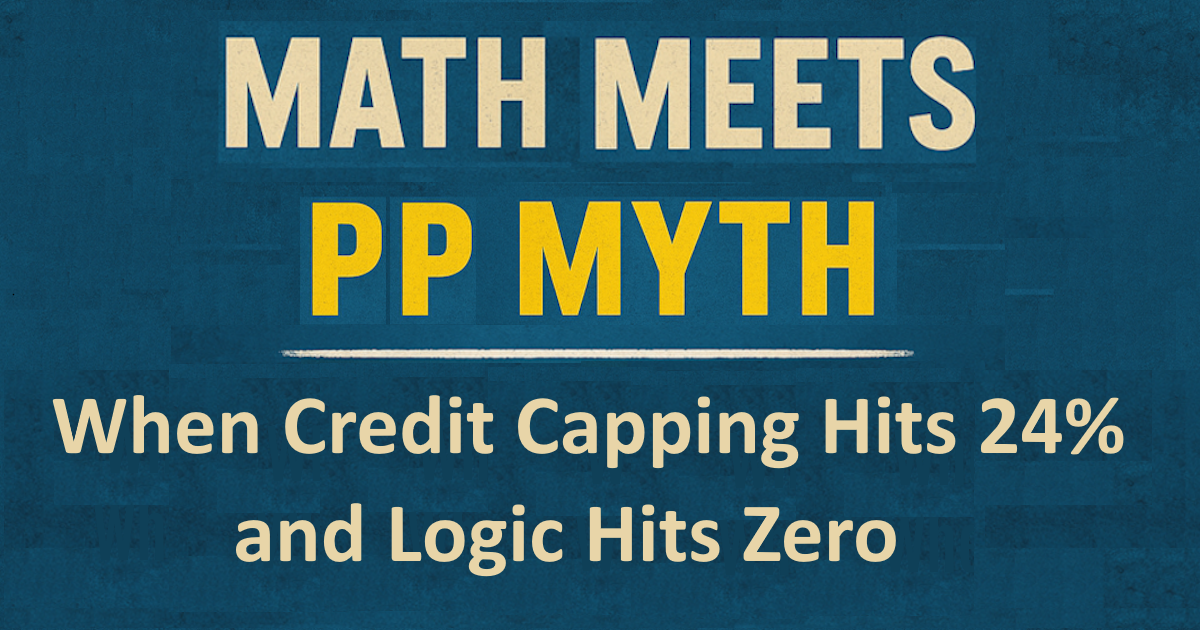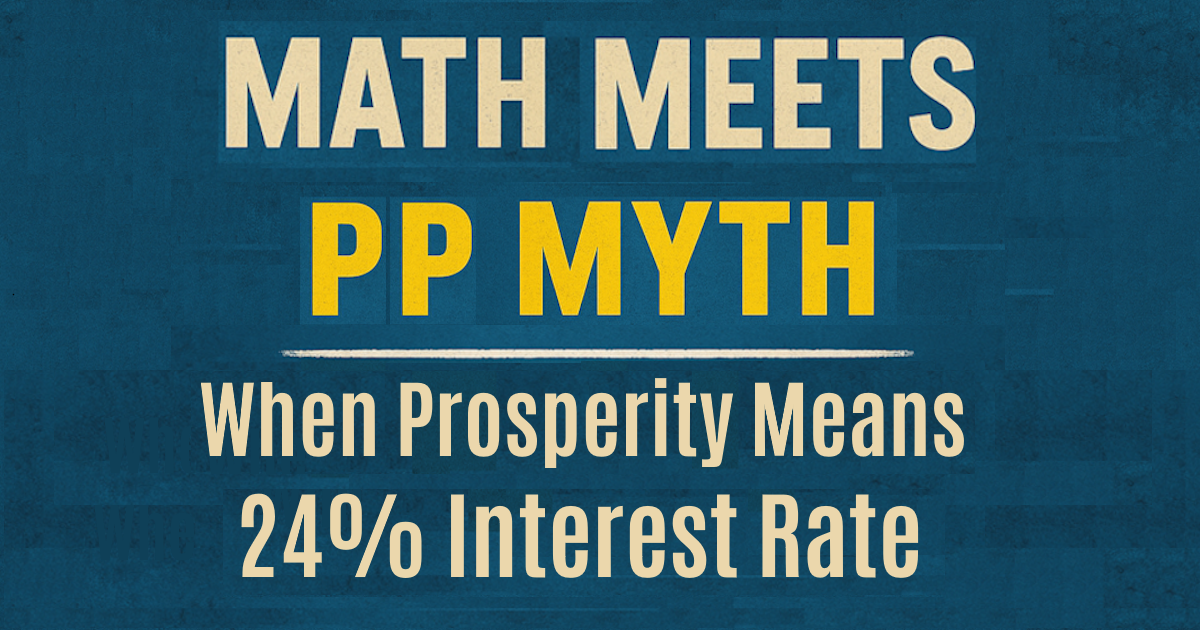Oromo Martyrs Day 2025 and the Legacy of Oromo Exceptionalism

April the 15th
This day stands etched in the Oromo conscience as a day of solemn remembrance and unwavering pride. It is a day when time slows down for Oromo communities across the globe to honor the lives of our fallen heroes — courageous men and women who gave everything in the struggle for Oromia’s dignity, freedom, and future.
But among the many stories of sacrifice, April 15, 1980, also known as the Shinniigaa Incident, remains singular — not just for its brutality, but for what it revealed about the soul of a people.
On that fateful day in the scorched desert of Shinniigaa, in the Ogaden frontier, a group of ten gallant Oromo military leaders — faced a chilling ultimatum at gunpoint. Renegade Somali insurgents, suspected proxies of a hostile agenda, posed a fatal question: Identify yourself as Muslim and be spared; reveal another faith and face death.
These heroes did not hesitate. They did not divide themselves by faith. In that life-or-death moment, they invoked the essence of a nation still rising:
“We Are Oromo First.”
And so they fell — as one.
Their martyrdom enshrined a principle that transcends politics, religion, or time. It birthed a creed we now recognize as Oromo Exceptionalism: the courageous assertion that national identity and collective destiny take precedence over sectarian divides. It was a statement of unity so profound, so defiant, that its echo still resounds across generations.
Their Names Live On
The ten martyrs of Shinniigaa were not anonymous. They were patriots with names, stories, families, and dreams. We remember them today — and always — as:
-
Abboma Mitiku
-
Demissie Tacaanee
-
Dhaddacha Boruu
-
Dhaddacha Mulhataa
-
Fafamaa Doyyoo
-
Falmata Gadaa
-
Irrinaa Qacalee
-
Magarsaa Barii
-
Marii Galan
-
Yiggazu Bantii
Their final act of unity defined a nation. Their legacy is etched into the soul of Oromia.
A Legacy Beyond the Grave
What those ten heroes did in silence — without slogan or spectacle — was define a moral compass for the Oromo nation. They showed that the struggle for Oromia is not simply about territorial rights or governance; it is about forging an identity rooted in shared sacrifice, mutual respect, and indivisible solidarity.
Since that day, April 15 has grown beyond its origin. It has become the de facto Oromo Martyrs Day — a tribute to all those who gave their lives, before and after Shinniigaa, to liberate Oromia from political subjugation, cultural suppression, and economic exploitation.
- Every Oromo mother who hid a freedom fighter…
- Every student who stood up in peaceful protest…
- Every detainee who endured torture without breaking…
- Every freedom fighter who fell in battle so that future generations might stand upright…
They are all remembered today.
The Spirit Lives On
From the revolutionary resistance of earlier decades to the rise of the Qeerroo and Qarree youth movements, the path carved by Shinniigaa’s martyrs continues. Today’s freedom-seekers — armed not only with courage but also with education, global awareness, and digital tools — march forward guided by the legacy of those who came before them.
Our heroes are not relics of the past. They live in the voices of protest songs, in the prayers whispered in churches and mosques, in the dreams of a liberated Oromia drawn by children in classrooms. Their courage fuels the ongoing resistance against injustice and calls forth a deeper unity in a region where forces of division remain ever-present.
Our Duty
To honor them is not to mourn only, but to carry forward. The Oromo Exceptionalism they defined must guide our dialogues, politics, and collective action. It demands that we see beyond religious, regional, and even generational divides — and align under the banner of justice, equality, and independence.
So today, as we light candles and lay flowers, let us also renew a vow:
-
That the blood spilled at Shinniigaa was not in vain.
-
That their sacrifice is not merely remembered but actualized.
-
That Oromia shall rise — united, unbroken, and free.
May their memories be eternal.
May their legacy be our compass.
May we always be Oromo First.
Oromia Shall Be Free!

